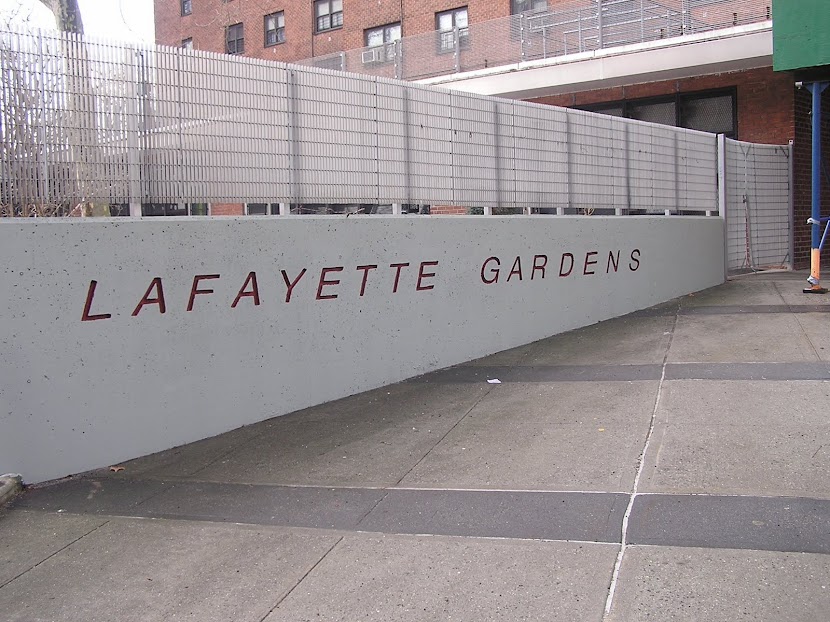New York City Council
Testimony
December 26, 2010 Snow Storm
Borough-wide Hearing
January 19, 2011
Brooklyn Borough Hall
Before I read my formal remarks, I would like to first acknowledge my Council Member from the 35th Council District, the Honorable Letitia James. Likewise, I would like to acknowledge New York City Council Speaker Christine Quinn and all of the members before us this evening. Your immediate response and the subsequent joint committee hearing held on January 10, 2011, along with the January 14, 2011 hearing, which was held by Chairman James Vacca, Chairman to the Committee on Transportation, were truly appreciative and I commend the Council’s effort going forward with your borough-wide hearings.
My name is Walter T. Mosley, New York State Committeeman and District Leader from the 57th Assembly District. The 57th Assembly District consist of communities from Clinton Hill, Fort Greene, Prospect Heights, Crown Heights and Bedford Stuyvesant.
As you know, the City faced the sixth largest snow fall in its history. In its wake, this storm cost our City more than anyone could have ever imagined. While the December 26storm was by far one of the most severe, the widespread impact it had on the welfare of communities and the residents who live in them cannot be measured.
In an international report dealing with world disasters released in 2010, a key finding noted that between one-third of the population in most cities in low- and middle-income nations live in informal settlements and it is common in such cities for the local authorities to refuse to extend to them all the infrastructure and essential services that do so much to reduce disaster risk.
This study, while it seems to be an accurate account of what took place during the December 26 storm, was not addressing a global capital like New York City; rather, this report was alluding to developing nations and their growing urban populations.
As a result of this report, a recurring theme noted that effective urban governance is essential to ensuring people are empowered and engaged in the development of their urban environment and not be marginalized and left exposed to disasters, climate change, violence and ill health.
In light of this report and the given facts associated with the December 26 snow storm, many of my constituents have lost faith in this administration’s ability to address the next natural and/or man-made disaster.
Living in a post 9/11 society should have, at the very least, prepared our agencies, organizations, and this administration to do the following: (1) work in collaboration with multiple agencies and organizations to mitigate against man-made and natural hazards; (2) protect all the people of New York City, our infrastructure and key resources; and (3) prepare to respond to and recover from both man-made and natural disasters. Unfortunately, the administration and our City failed on all three accounts.
Strategic goals in securing our homeland against all hazards should represent a broad and thematic goal that our City should consistently take into account in an effort to achieve the same national priorities that are set in securing our homeland.
In reading the testimony of Deputy Mayor of Operations Stephen Goldsmith and the Mayor’s Office of Operations preliminary report, it is quite clear that the administration has failed to act upon what we should have learned as a City since 9/11.
Although the goals and objectives that are currently proposed are strategic measures that need our constant attention, review and period update - the fifteen-point plan for improving the City’s capacity to respond to future severe weather emergencies are only the beginning.
For we can no longer hope that we will merely see an improvement when the next disaster impacts our City; rather, we must expect only the best from the men and women we have elected and appointed to govern our City.
For the next time might very well be the last time for anyone of us.

No comments:
Post a Comment